Nigeria’s inflation rate further eases to 22.97% in May- NBS
By Okeoghene Oghenekaro
The National Bureau of Statistics (NBS), says Nigeria’s headline inflation rate eased further to 22.97 per cent in May 2025.
The NBS disclosed this in its Consumer Price Index (CPI) and Inflation Report for May 2025, which was released in Abuja on Monday.
According to the report, the headline inflation showed a decrease of 0.74 per cent compared to the 23.71 per cent recorded in April 2025.
Furthermore, the report said on a month-on-month basis, the headline inflation rate in May 2025 was 1.53 per cent, which was 0.33 per cent lower than the rate recorded in April 2025 at 1.86 per cent.
The report said the increase in the headline index for May 2025 was attributed to the increase in some items in the basket of goods and services at the divisional level.
It said the three major contributors to the headline inflation were Food and non-alcoholic Beverages at 9.20 per cent, Restaurants and Accommodation Services at 2.97 per cent, and Transport at 2.45 per cent.
The report showed the least contributors were Recreation, Sport, and Culture at 0.07 per cent, Alcoholic Beverages, Tobacco, and Narcotics at 0.09 per cent, and Insurance and Financial Services at 0.11 per cent.
The report said the food inflation rate in May 2025 was 21.14 per cent on a year-on-year basis.
It said on a month-on-month basis, the food inflation rate in May was 2.19 per cent, which increased by 0.13 per cent compared to the 2.06 per cent recorded in April 2025.
The NBS said the increase in food inflation was attributed to the reduction in average prices of items such as Yam, Avenger (Ogbono/Apon), Cassava Tuber, Maize Flour, Fresh Pepper, Sweet Potatoes, etc.
The report said that “all items less farm produce and energy’’ or core inflation, which excludes the prices of volatile agricultural produce and energy, stood at 22.28 per cent in May 2025 on a year-on-year basis.
“One a month-on-month basis, the Core Inflation rate was 1.10 per cent in May, which decreased by 0.24 percentage points compared to the 1.34 per cent recorded in April 2025 .”
The NBS said for the newly introduced sub-indices, on a month-on-month basis, Farm Produce and Goods stood at 22.38 per cent and 9.39 per cent compared to April 2025, which were 0.95 per cent and 1.89 per cent, respectively.
“Conversely, Services and Energy stood at 1.79 per cent and -0.43 per cent compared to 2.20 per cent and 13.6 per cent recorded in April, respectively.*
The report said that on a year-on-year basis in May 2025, the urban inflation rate was 23.14 per cent.
“On a month-on-month basis, the urban inflation rate was 1.40 in May 2025, which increased by 0.22 per cent compared to April at 1.18 per cent.”
The report said in May, the rural inflation rate was 22.70 per cent on a year-on-year basis.
“On a month-on-month basis, the rural inflation rate was 1.83 per cent in May, which decreased by 1.72 per cent compared to April at 3.56 per cent.”
On states’ profile analysis, the report showed that in May, all items index inflation rate on a year-on-year basis was highest in Borno at 38.93 per cent, followed by Niger at 34.97 per cent and Plateau at 32.35 per cent.
It said the slowest rise in headline inflation on a year-on-year basis was recorded in Katsina at 16.25 per cent, followed by Adamawa at 18.20 per cent, and Delta at 18.41 per cent.
The report, however, said in May 2025, inflation rate on a month-on-month basis was highest in Bayelsa 9.11 per cent, followed by Bauchi at 4.85 per cent, and Borno at 4.42 per cent.
“Kaduna at -6.75 per cent, followed by Jigawa at -4.40 per cent and Edo at -2.94 per cent recorded the slowest rise in month-on-month inflation.”
The report said on a year-on-year basis, food inflation was highest in Borno at 64.34 per cent, followed by Bayelsa at 39.85 per cent, and Taraba at 38.58 per cent.
“Katsina at 6.90 per cent, followed by Rivers at 9.18 per cent and Kwara at 11.31 per cent recorded the slowest rise in food inflation on a year-on-year basis.’’
The report, however, said on a month-on-month basis, food inflation was highest in Bayelsa at 12.68 per cent, followed by Cross River at 11.15 per cent, and Anambra at 9.10 per cent.
“Katsina at -5.42 per cent, followed by Jigawa at -4.02 per cent and Kaduna -3.27per cent, recorded the slowest rise in inflation on a month-on-month basis.”
The NBS said based on the recent rebasing of the CPI, hence, the CPI rose to 121.35 in May 2025, which reflected a 1.83-point increase from April 2025.
The News Agency of Nigeria (NAN) recalls that the NBS recently rebased the CPI, bringing the base year closer to the current period, from 2009 to 2024, with 2023 as the reference period for expenditure weights.
The Statistician-General of the Federation, Adeyemi Adeniran, said the rebasing was designed to ensure that Nigeria’s economic indicators accurately reflect the current structure of the economy.
According to him, this is done by incorporating new and emerging sectors, updating consumption baskets, and refining data collection methods. (NAN)(www.nannews.ng)
Edited by Ese E. Eniola Williams



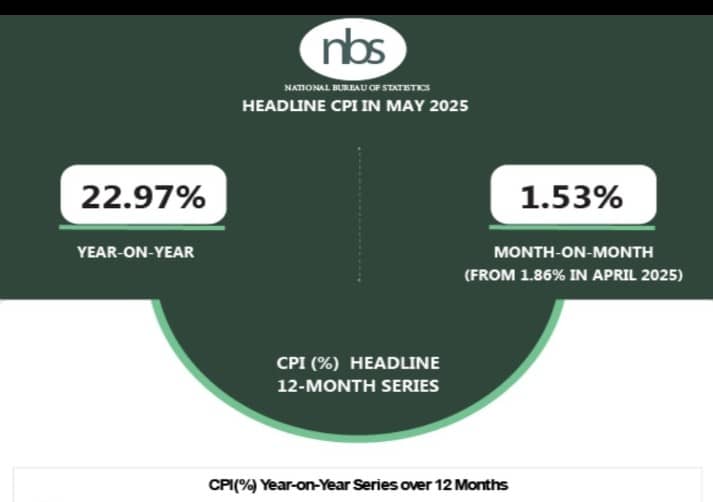



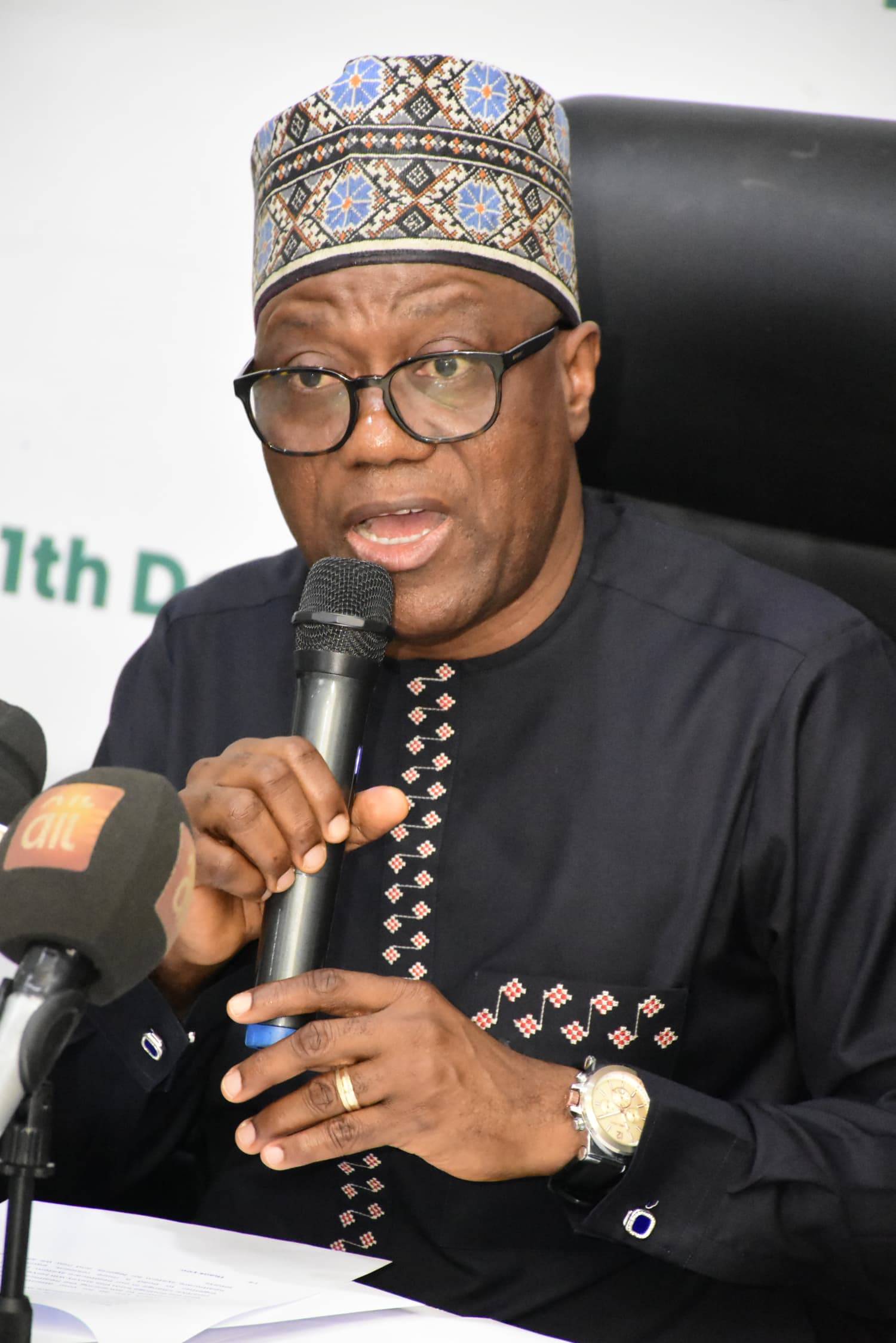
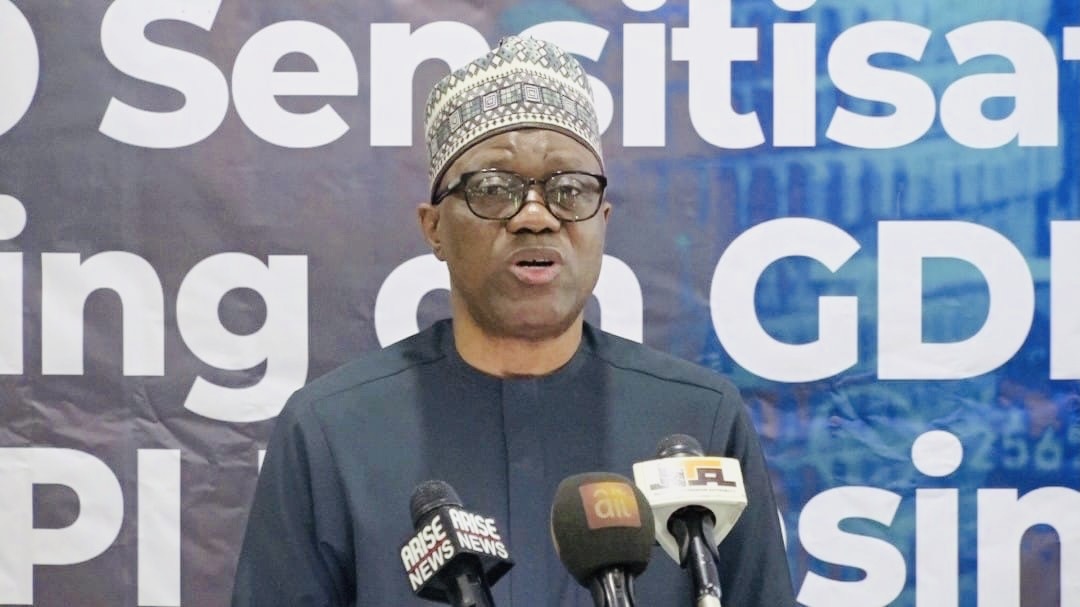
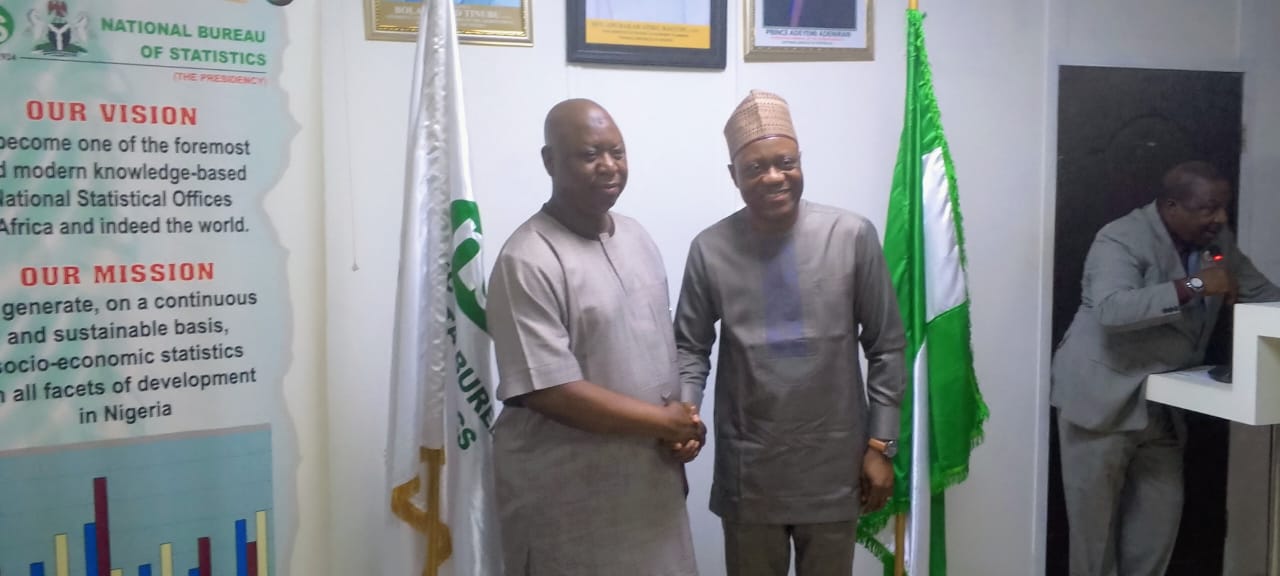

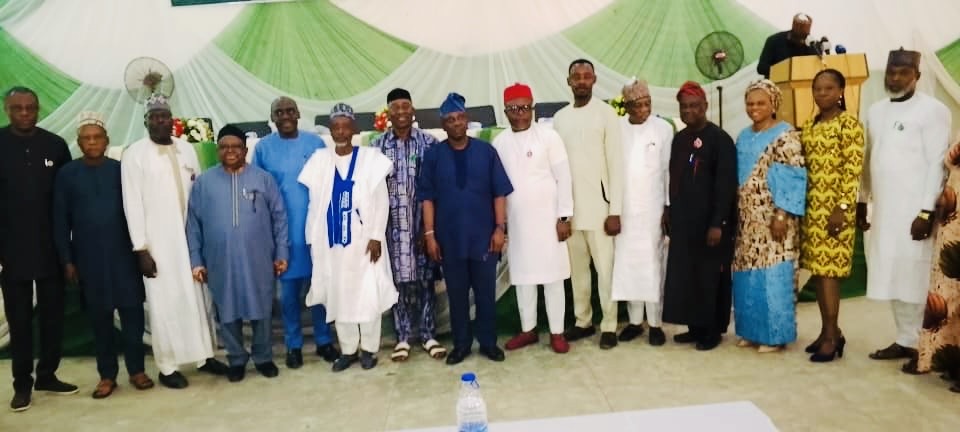

 The report also showed that there was a slightly higher report of household robbery among rural dwellers at 37.8 per cent,
The report also showed that there was a slightly higher report of household robbery among rural dwellers at 37.8 per cent,